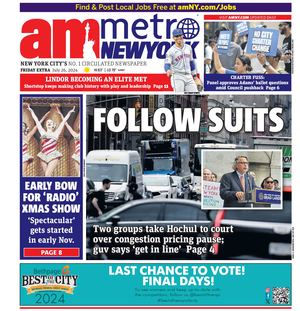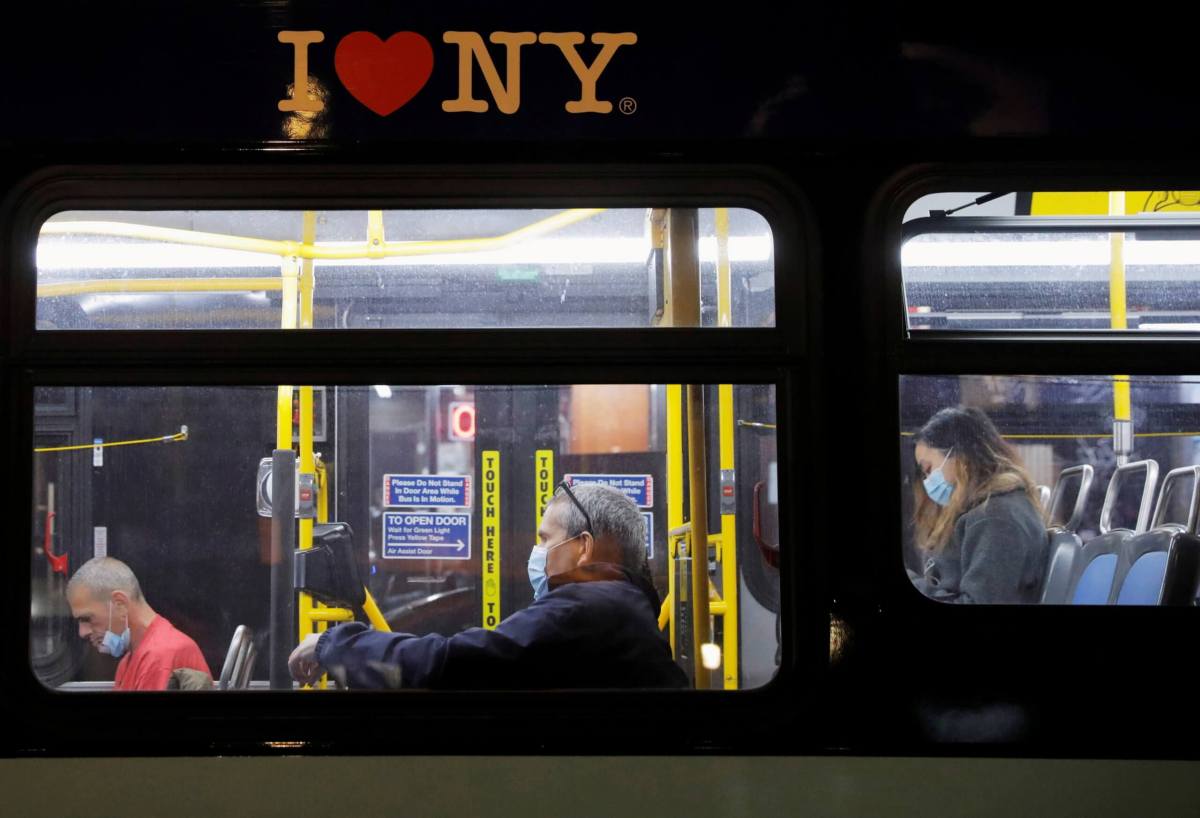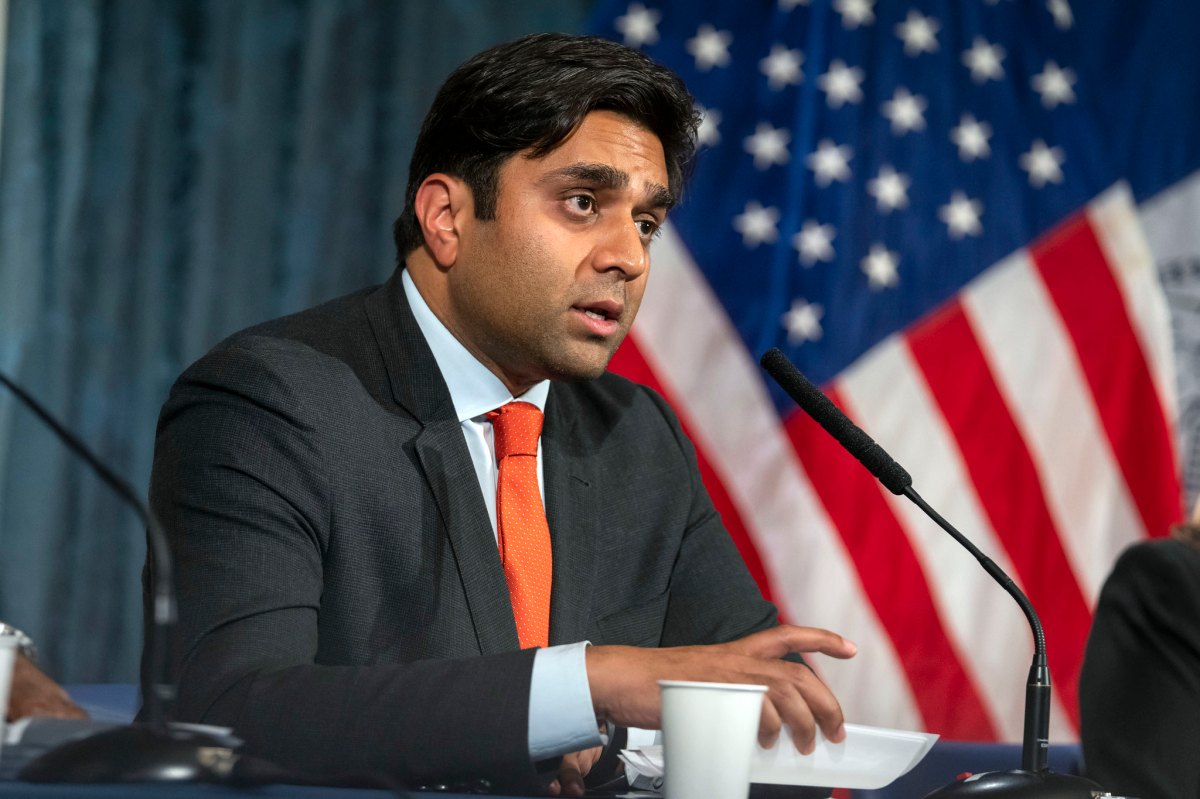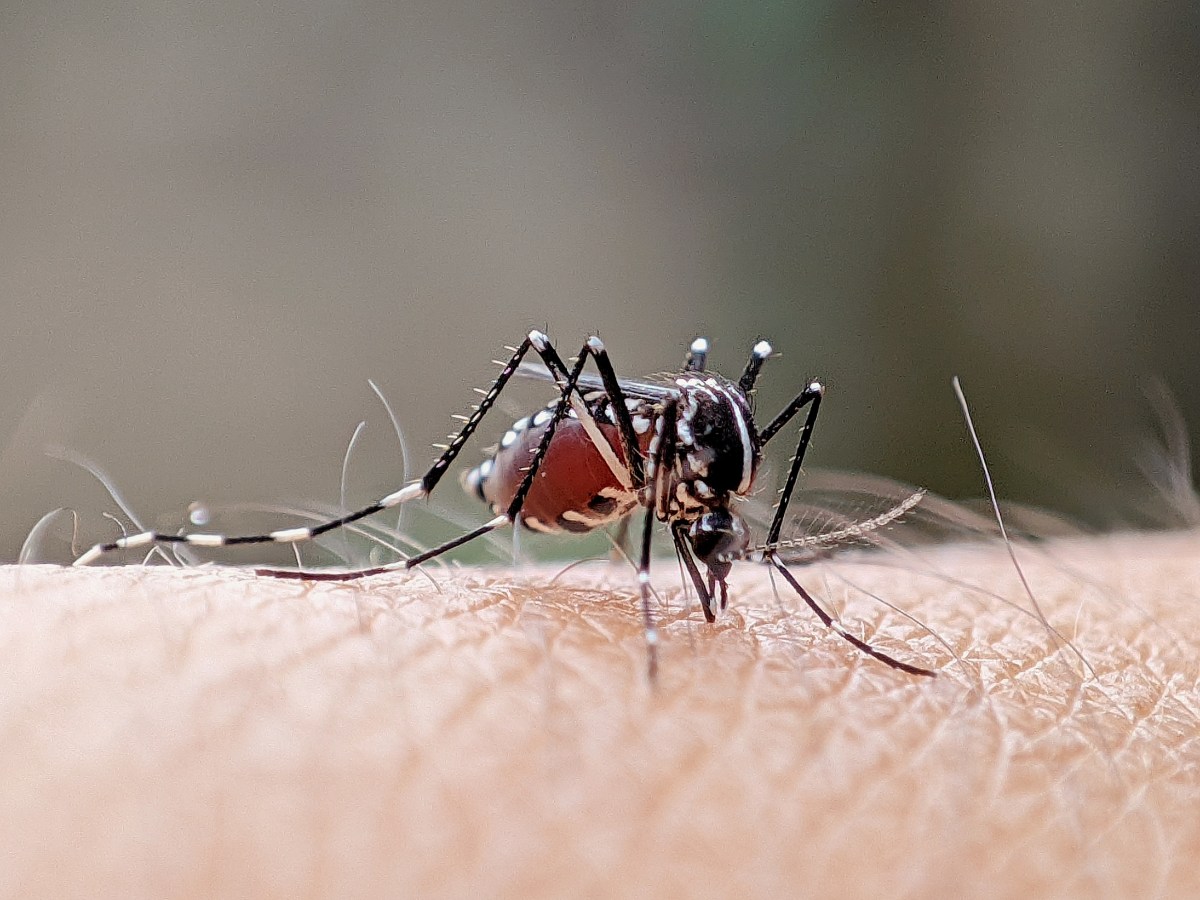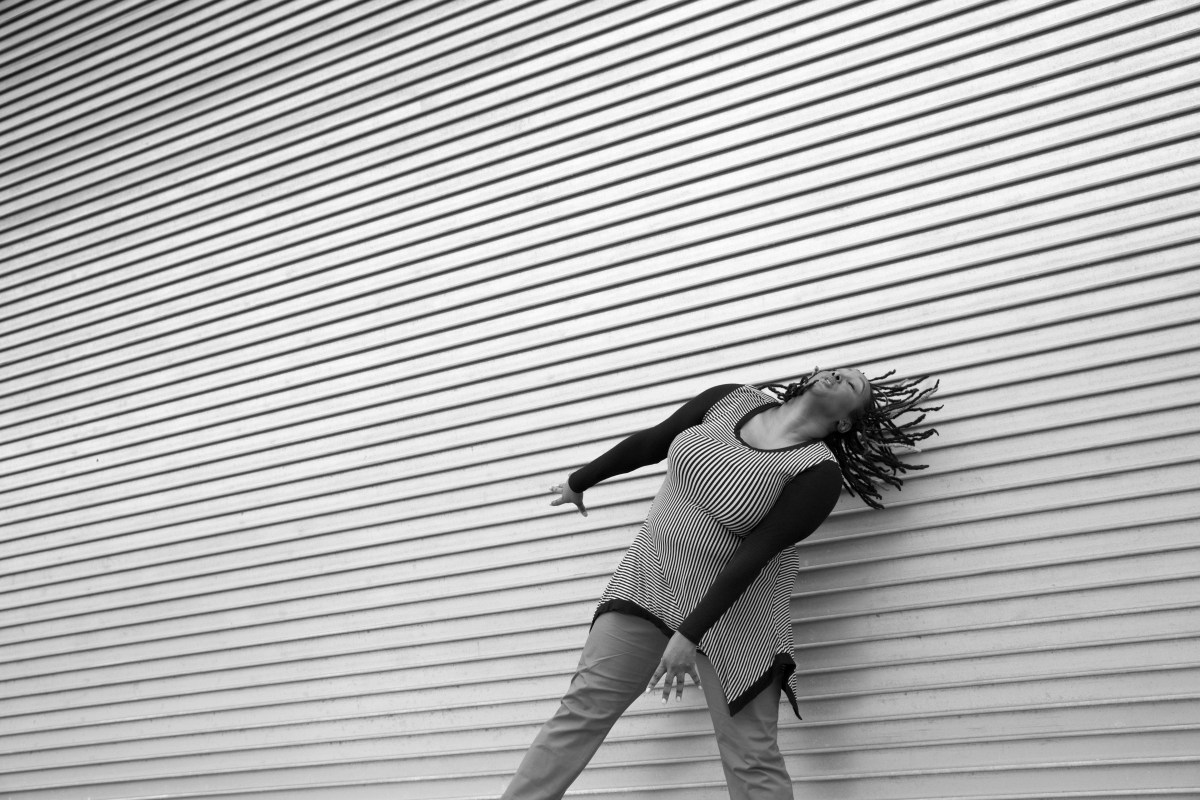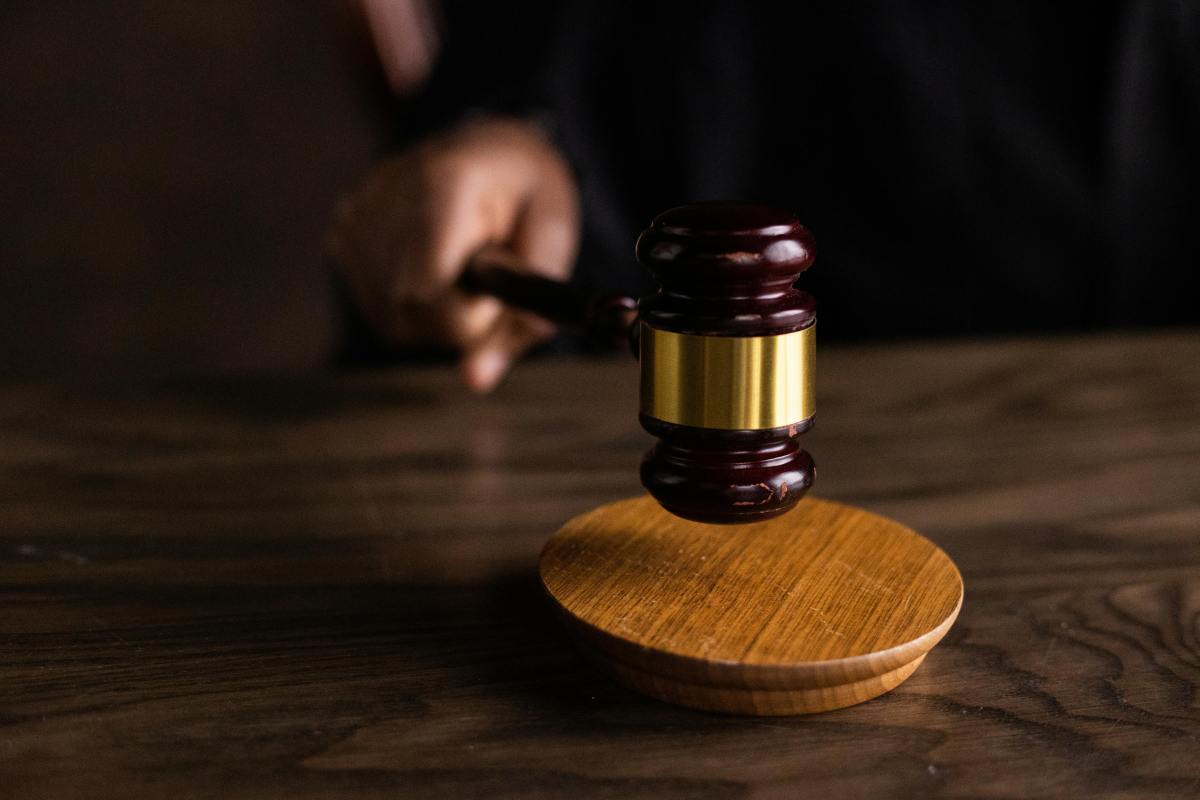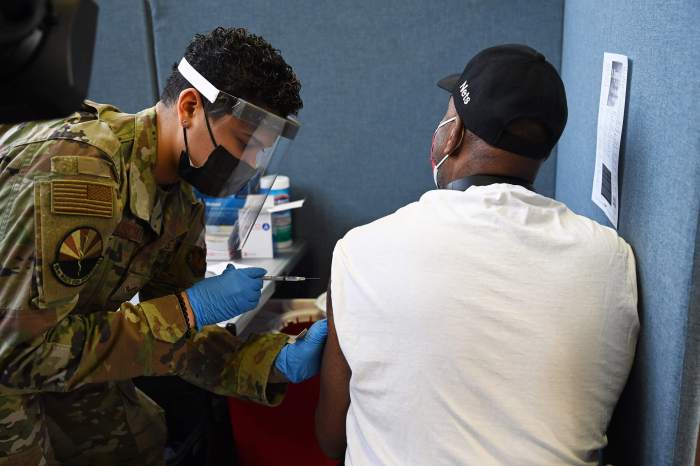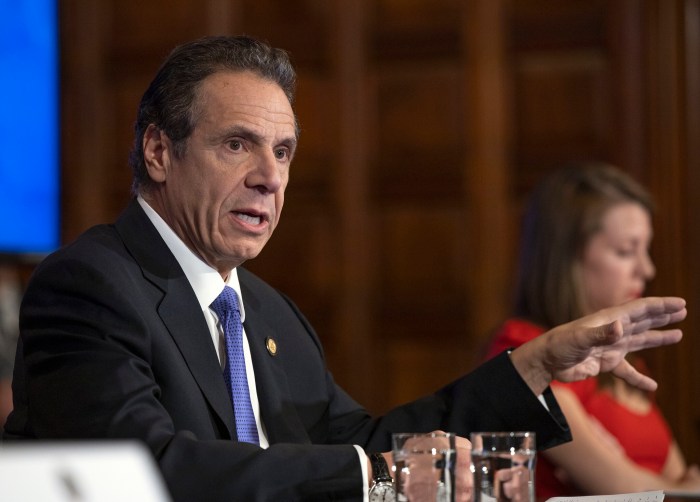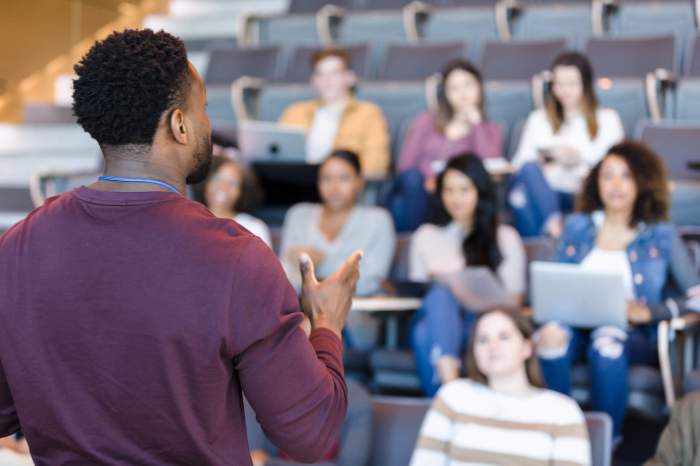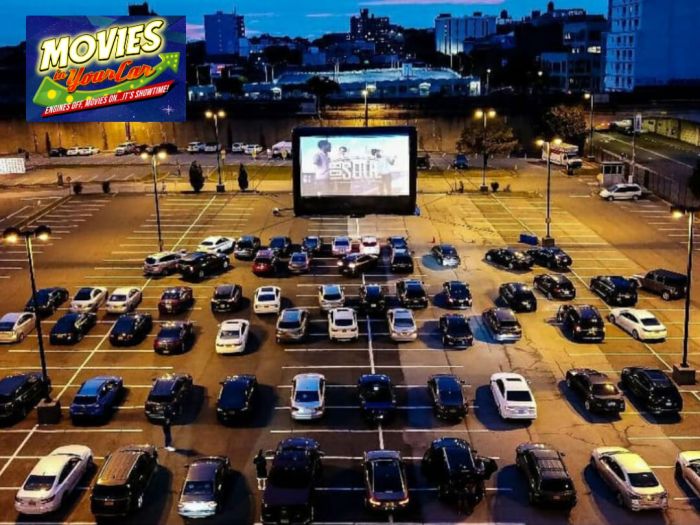Two special bus routes between the mass vaccination sites at Medgar Evers College and York College are being cancelled by the Metropolitan Transportation Authority ending officially on Sunday, April 25, amNewYork Metro has learned.
Since the announcement by Governor Andrew Cuomo that there would be specialized service in the form of the B98V and Q98V in late February, the MTA says they each only averaged about one rider per run from nearby NYCHA developments while regular routes saw an increase.
“The MTA is listening to its customers who are voting for their preferred routes with MetroCard swipes and OMNY taps,” MTA Spokesperson Kayla Shults said. “By focusing service on existing regular routes that riders are using, we will be able to reallocate dollars spent on unused buses to other service, while still providing good access to vaccination sites throughout the city.”
Each route ran every half hour between the Pink Houses in Brooklyn and Edgemere in Queens to their respected mass vaccination sites operated by the Federal Emergency Management Agency between 6:30 a.m. and 9 p.m., but instead, the usual routes on the B44, B44SBS, B49, Q111, Q112, Q113 and Q114 saw a slight increase, according to the agency.
While the B98V cost the MTA about $34,000 per week to operate, they ended up logging an average of about 3,700 people using the B44 and B49 at the stop closest to Medgar Evers College for the entire week of April 4 to 10.
The cost of running the Q98V was even higher for the fiscally precarious MTA, running them about $62,000 per week and an average of about 4,000 riders using the Q111 at the stop closest to York College within the same period of time.
Originally, the state planned to offer this service as part of an outreach program via faith institutions in black and brown communities to encourage New Yorkers disproportionately impacted by both COVID-19 and uneven distribution of the vaccine.
The announcement of increased service on Feb. 22 coincided with the first day in which the nightly closures on the subway would be reduced to two hours, rather than four from 1 a.m. to 5 a.m., something which has become the norm since May 6 due to cleaning efforts.
